Peanuts / GroundNut / Your Ultimate Protein Snack (Roasted & Salted Peeled)
- Regular price
- Rs. 980
- Regular price
-
Rs. 1,088 - Sale price
- Rs. 980
- Unit price
- per
Pay in 3 Installments of
Rs.
375
Prime Fast Delivery
|
Vendor:
ChiltanPure
10 customers are viewing this product
Couldn't load pickup availability

Vendor: ChiltanPure
Peanuts / GroundNut / Your Ultimate Protein Snack (Roasted & Salted Peeled)
Rs. 980
Vendor: ChiltanPure
Peanuts / GroundNut / Your Ultimate Protein Snack (Roasted & Salted Peeled)
Rs. 980
Note: Organic products can naturally attract bugs. To keep them away, tightly seal the jar after use and keep it in a cold, dry place.
ChiltanPure Roasted and salted peeled peanuts are a delicious and nutritious snack that combines flavor and health benefits in every bite. These crunchy peanuts are packed with plant-based protein, healthy fats, and essential vitamins and minerals, making them an excellent choice for those looking to boost their energy levels or curb hunger throughout the day. The roasting process enhances the natural flavor of the peanuts, while a light salt coating adds a savory touch that makes them incredibly satisfying. Whether you're enjoying them as a quick snack or adding them to your favorite recipes, roasted and salted peeled peanuts offer a perfect combination of taste and nutrition.
In addition to being a great protein source, these peanuts also provide healthy monounsaturated fats that promote heart health, lower cholesterol, and reduce the risk of chronic diseases. They're high in antioxidants, which help fight oxidative stress and support overall immune health. Rich in vitamins such as vitamin E, B6, and folate, roasted and salted peeled peanuts are excellent for skin health, boosting metabolism, and maintaining energy levels. Their high fiber content also promotes healthy digestion and helps regulate blood sugar levels, making them a perfect snack for anyone looking to stay energized and nourished throughout the day.
Key Word
dryfruits
unsalted peanuts mongphali babool phali
High in Protein
Peanuts are an excellent source of plant-based protein, which is crucial for muscle building and repair. Consuming peanuts regularly can help support tissue growth and recovery, making them a great choice for those who lead an active lifestyle or are looking to increase protein intake.Promotes Heart Health
Packed with heart-healthy monounsaturated fats, peanuts help reduce bad cholesterol (LDL) levels and increase good cholesterol (HDL). These healthy fats contribute to improved cardiovascular health, lower blood pressure, and a reduced risk of heart disease.brBoosts Brain Function
Rich in B vitamins such as B6 and folate, peanuts help enhance cognitive function and mental clarity. These nutrients are vital for brain health, promoting better memory, focus, and overall mental well-being, while reducing the risk of cognitive decline.Aids Digestion
With a high fiber content, peanuts contribute to improved digestion and regular bowel movements. The fiber also helps regulate blood sugar levels, supports gut health, and promotes the growth of beneficial gut bacteria, ensuring a healthy digestive system.|
Enjoy a handful of roasted and salted peeled peanuts as a quick, satisfying snack between meals, perfect for curbing hunger.
|
|
Sprinkle peanuts on salads for added crunch, flavor, and extra protein, making your meal more filling and nutritious.
|
|
|
|
|
Related Products
Mama's Jan
Example product title
- Regular price
- From Rs. 399
- Regular price
-
Rs. 443 - Sale price
- From Rs. 399
- Unit price
- per
Mama's Jan
Example product title
- Regular price
- From Rs. 399
- Regular price
-
Rs. 443 - Sale price
- From Rs. 399
- Unit price
- per
Mama's Jan
Example product title
- Regular price
- From Rs. 399
- Regular price
-
Rs. 443 - Sale price
- From Rs. 399
- Unit price
- per
Mama's Jan
Example product title
- Regular price
- From Rs. 399
- Regular price
-
Rs. 443 - Sale price
- From Rs. 399
- Unit price
- per
Mama's Jan
Example product title
- Regular price
- From Rs. 399
- Regular price
-
Rs. 443 - Sale price
- From Rs. 399
- Unit price
- per
Mama's Jan
Example product title
- Regular price
- From Rs. 399
- Regular price
-
Rs. 443 - Sale price
- From Rs. 399
- Unit price
- per
Mama's Jan
Example product title
- Regular price
- From Rs. 399
- Regular price
-
Rs. 443 - Sale price
- From Rs. 399
- Unit price
- per
Mama's Jan
Example product title
- Regular price
- From Rs. 399
- Regular price
-
Rs. 443 - Sale price
- From Rs. 399
- Unit price
- per
Mama's Jan
Example product title
- Regular price
- From Rs. 399
- Regular price
-
Rs. 443 - Sale price
- From Rs. 399
- Unit price
- per
Mama's Jan
Example product title
- Regular price
- From Rs. 399
- Regular price
-
Rs. 443 - Sale price
- From Rs. 399
- Unit price
- per
Recently Viewed Products
Mama's Jan
Example product title
- Regular price
- From Rs. 399
- Regular price
-
Rs. 443 - Sale price
- From Rs. 399
- Unit price
- per
Mama's Jan
Example product title
- Regular price
- From Rs. 399
- Regular price
-
Rs. 443 - Sale price
- From Rs. 399
- Unit price
- per
Mama's Jan
Example product title
- Regular price
- From Rs. 399
- Regular price
-
Rs. 443 - Sale price
- From Rs. 399
- Unit price
- per
Mama's Jan
Example product title
- Regular price
- From Rs. 399
- Regular price
-
Rs. 443 - Sale price
- From Rs. 399
- Unit price
- per
Mama's Jan
Example product title
- Regular price
- From Rs. 399
- Regular price
-
Rs. 443 - Sale price
- From Rs. 399
- Unit price
- per
Mama's Jan
Example product title
- Regular price
- From Rs. 399
- Regular price
-
Rs. 443 - Sale price
- From Rs. 399
- Unit price
- per
Mama's Jan
Example product title
- Regular price
- From Rs. 399
- Regular price
-
Rs. 443 - Sale price
- From Rs. 399
- Unit price
- per
Mama's Jan
Example product title
- Regular price
- From Rs. 399
- Regular price
-
Rs. 443 - Sale price
- From Rs. 399
- Unit price
- per
Mama's Jan
Example product title
- Regular price
- From Rs. 399
- Regular price
-
Rs. 443 - Sale price
- From Rs. 399
- Unit price
- per
Mama's Jan
Example product title
- Regular price
- From Rs. 399
- Regular price
-
Rs. 443 - Sale price
- From Rs. 399
- Unit price
- per
- Choosing a selection results in a full page refresh.




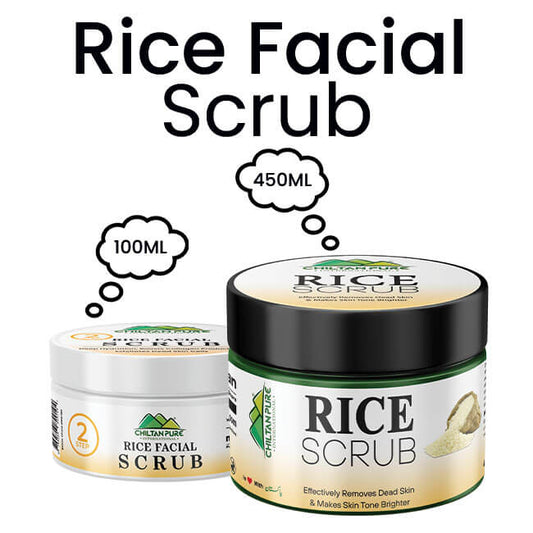

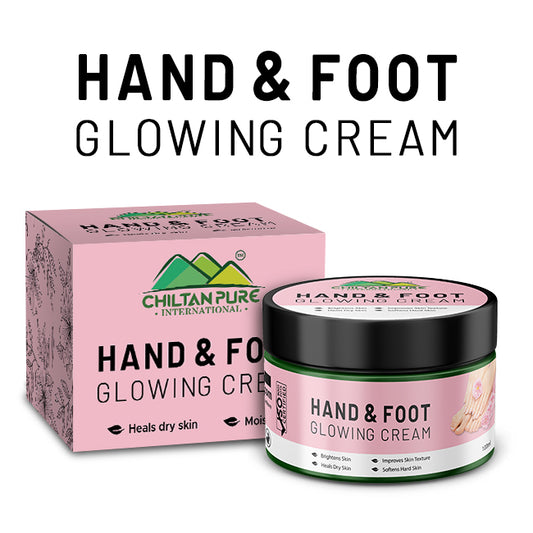

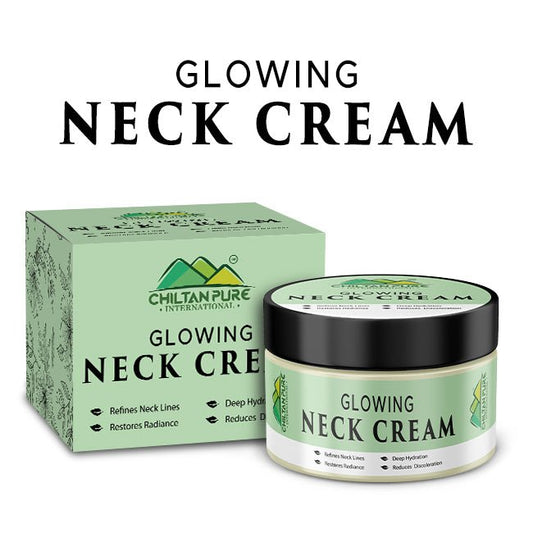

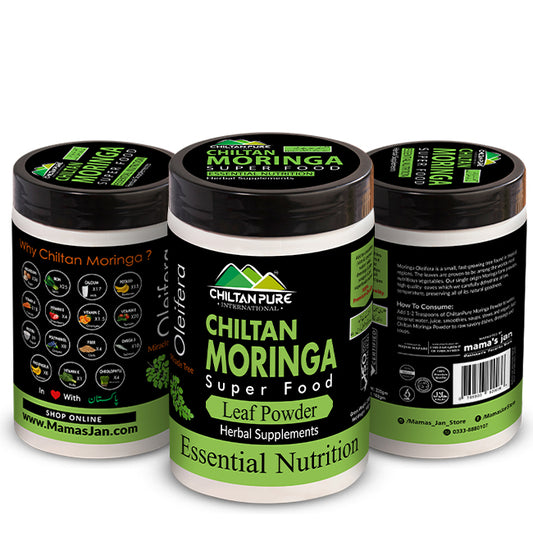

![Chia Seeds – Make Skin Glow, High in Fiber, Protein & Aid in Weight Loss [تخم میکسیکو]](http://mamasjan.com/cdn/shop/files/Chia-seeds-wb_1_533x.jpg?v=1739000274)
![Chia Seeds – Make Skin Glow, High in Fiber, Protein & Aid in Weight Loss [تخم میکسیکو]](http://mamasjan.com/cdn/shop/files/ChiaSeeds1_533x.jpg?v=1739000274)
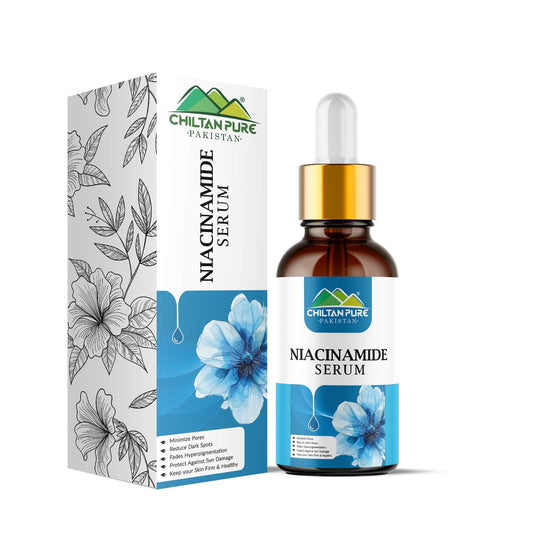

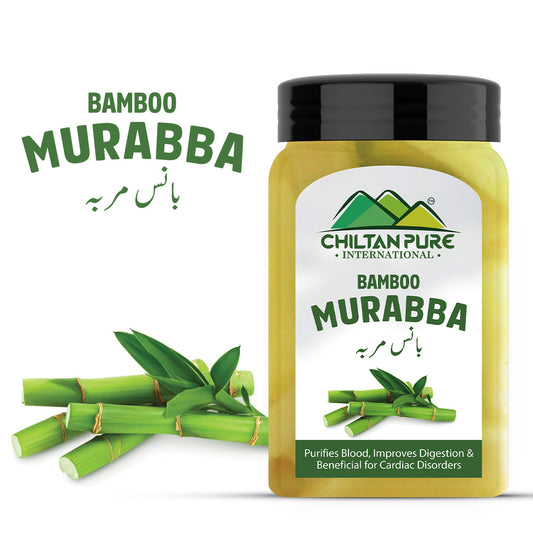

![Red Onion Oil 🧅 Reduces Hair Fall & Accelerates Hair Regrowth [پیاز کا تیل].. Trending.... 🔥](http://mamasjan.com/cdn/shop/files/Onion-Oil_533x.jpg?v=1707234402)
![Red Onion Oil 🧅 Reduces Hair Fall & Accelerates Hair Regrowth [پیاز کا تیل].. Trending.... 🔥](http://mamasjan.com/cdn/shop/files/shampoo-oil-4_3a0058c6-20d2-4f79-8050-19cf717015ac_533x.jpg?v=1708103599)



